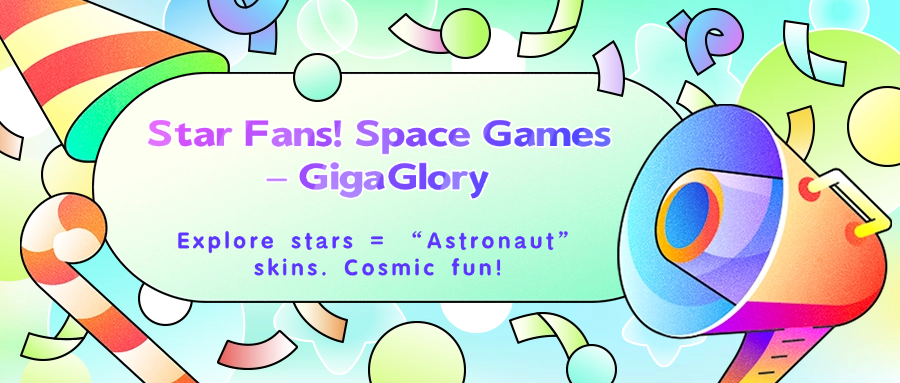Unlocking Learning Through Play: The Best Offline Educational Games for All Ages
In today's fast-paced, tech-saturated world, the importance of engaging in offline activities cannot be overstated. The ability to balance digital interactions with hands-on experiences is crucial, especially when it comes to learning. This article explores the realm of offline games, specifically focusing on educational games that cater to various age groups. From toddlers to adults, there’s something for everyone in the world of offline learning games.
What are Offline Educational Games?
Offline educational games are fun, interactive activities that require no internet connection. They are designed to promote learning and cognitive development while encouraging teamwork, problem-solving, and creativity. These games can take many forms, from board games and card games to physical activities and crafts. The beauty of offline games lies in their ability to foster face-to-face interaction and enhance critical thinking skills.
Benefits of Offline Educational Games
- Enhanced Social Interaction: Playing games offline allows individuals to communicate, collaborate, and share experiences, which is vital for social skills development.
- Improved Critical Thinking: Many educational games challenge players to think strategically and solve problems, boosting their cognitive abilities.
- Physical Engagement: Many offline games involve movement and physical coordination, promoting a healthier lifestyle.
- Reduced Screen Time: Encouraging offline play helps combat the adverse effects of excessive screen time, contributing to better mental health.
Types of Offline Educational Games
Offline educational games come in various forms, each targeting different learning objectives and age groups. The following are some popular types:
Board Games
Board games like **Scrabble** and **Monopoly** not only enhance vocabulary and mathematical skills but also teach critical thinking and strategic planning. These games engage players in conversations, creating a lively environment for learning.
Card Games
Card games such as **Uno** and **Cards Against Humanity** allow for variations that teach counting, color recognition, and even language skills, depending on how they are played.
Puzzles
Jigsaw puzzles and other types of logic puzzles are excellent for developing spatial awareness and problem-solving skills. They can range from simple shapes for younger kids to complex images for adults.
Physical Games
Sports and physical activities like **Capture the Flag** or **Tag** foster teamwork and coordination, essential skills for personal development beyond the classroom.
Craft Games
Crafting activities encourage creativity and fine motor skills. Games that involve building or creating something—like model kits or DIY crafts—can be vastly educational and satisfying.
Popular Offline Educational Games for Different Age Groups
| Age Group | Game Type | Game Example | Learning Outcome |
|---|---|---|---|
| 3-5 years | Board Game | **Candy Land** | Color recognition, turn-taking |
| 6-10 years | Card Game | **Uno** | Strategy, teamwork |
| 11-15 years | Puzzle | **Rubik's Cube** | Problem-solving, spatial reasoning |
| 16+ years | Board Game | **Catan** | Strategic thinking, resource management |
How to Select the Right Offline Educational Game
Choosing the right game can make all the difference. Here are some key points to consider:
- Age Appropriateness: Ensure the game is suitable for the age group of the players. This will make the learning process more engaging.
- Learning Objectives: Identify what skills or concepts you want to develop. Some games focus on math, while others may enhance language skills.
- Group Size: Consider how many players will participate; some games are more enjoyable with larger groups.
- Duration: Be mindful of how long the game typically takes to play. Shorter games can be beneficial for younger players' attention spans.
Incorporating ASMR Elements into Educational Games
Though typically associated with relaxing sounds and sensations, ASMR (Autonomous Sensory Meridian Response) can be integrated into educational gaming to enhance engagement and focus. Think about crafting games that include gentle sounds like soothing whispers or nature sounds while playing. It can create a calming atmosphere, making the learning experience even more enjoyable.
Fun and Free Offline Educational Game Ideas
There are plenty of ways to create your own homemade educational games. Here’s a few ideas to get you started:
- Scavenger Hunt: Create a scavenger hunt in your backyard or local park, focusing on items relevant to a lesson (like identifying types of leaves or different shaped rocks).
- DIY Board Games: Build your own board game where players have to answer questions or solve problems related to specific subjects.
- Memory Match: Use index cards and create pairs of images or words to help with memory retention in a fun way.
Conclusion
Offline educational games are a treasure trove of opportunities for learners of all ages. They not only enhance cognitive skills but also create lasting memories through shared experiences. By unlocking learning through play, we can make education enjoyable and effective. So, gather your friends and family, choose a game, and experience the joy of learning together!



